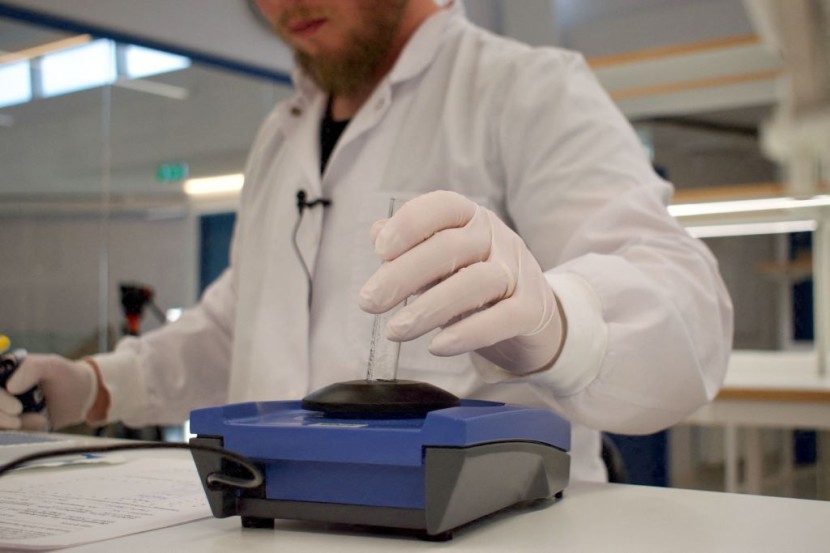
Scientists have developed a blood test that can reliably detect Alzheimer's disease as an alternative to currently painful procedures that could also lead to faster diagnosis of the illness.
More often than not, early detection of Alzheimer's disease can be difficult for medical professionals. Currently, the method of determining whether or not an individual has the illness involves brain scanning and painful lumbar puncture.
Blood Test for Alzheimer's Disease
During the lumbar procedure, health professionals carry out an analysis of Cerebro-Spinal Fluid (CSF) from the person's spinal cord. The methods of collecting CSF are painful and patients could suffer from backache and headache after the fluid has been extracted.
But the new method developed by scientists from the University of Pittsburgh along with their colleagues worldwide could prove to be innovative. It is a blood test that will make painful CSF testing unnecessary.
Prof. Thomas Karikari from the University of Pittsburgh said that a blood test is a lot cheaper than CSF and it is also safer and easier to administer. This means that it can improve clinical confidence in diagnosing Alzheimer's disease and selecting participants for clinical trials and disease monitoring, as per WIONews.
The new test is an antibody-based blood test that will be used to detect a specific protein that is called brain-derived tau. This particular protein is specifically linked to Alzheimer's disease in patients.
The researchers carried out several tests involving 600 patients at various stages of Alzheimer's. They found that the protein levels detected with the help of the blood test corresponded to those that were found after CSF analysis.
According to Engadget, during the lumbar puncture, a doctor will insert a needle into the patient's lower back. A lab technician then tests the sample taken for signs of progressive nerve cell loss and excessive amyloid and tau protein accumulation. While MRI scans are less invasive, they are often expensive and less accessible to the general public.
Alternative Diagnosis Procedure
The team of researchers that developed the new blood test was made up of scientists from Italy, Sweden, the United Kingdom, and the United States. Karikari said that he hoped the breakthrough test could assist other researchers to design better clinical trials for the treatment of Alzheimer's.
Despite the results of the study, Karikari said that more work needs to be done before the test makes its way to hospitals. As a start, the team of researchers needs to validate that the blood test works for a wide variety of patients, including those who come from different ethnic backgrounds.
Karikari noted that the most important utility of blood biomarkers was to make people's lives better and to improve clinical confidence and risk prediction in the diagnosis of the disease. Alzheimer's is known as a chronic neurodegenerative disease that affects more than 6 million Americans.
The illness is characterized by a loss of communication among neurons in a person's brain that results in loss of function and cell death. When a brain is afflicted with Alzheimer's disease, abnormal levels of certain naturally occurring proteins clump together to form plaques that collect between neurons and disrupt proper cell function, the Daily Mail reported.
Related Article : Ohio Measles Outbreak Infects More Than 80 Children, Sending Dozens to the Hospital Amid Vaccine Hesitancy
© 2025 HNGN, All rights reserved. Do not reproduce without permission.








